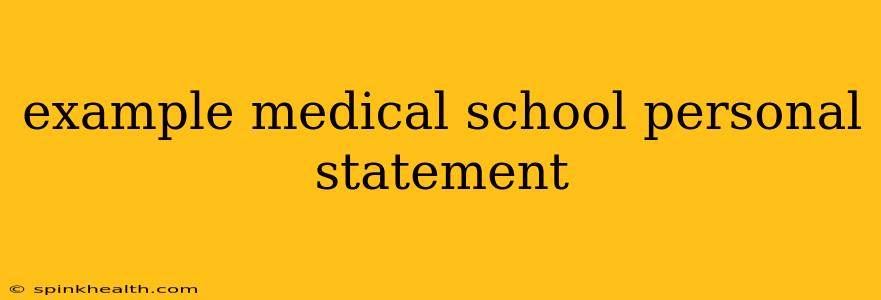The Unexpected Patient: My Journey to Medicine
The sterile scent of antiseptic hung heavy in the air, a stark contrast to the vibrant chaos unfolding before me. It wasn’t the operating room's dramatic tension I remember most vividly from my volunteer experience at County General, but rather the quiet dignity of a young woman named Anya, battling a rare autoimmune disease. Her laughter, despite the debilitating pain etched onto her face, shattered the clinical atmosphere and irrevocably altered my life's trajectory. Anya wasn’t just a patient; she was a teacher, a testament to the resilience of the human spirit, and the catalyst for my unwavering commitment to medicine.
Before Anya, my interest in science was purely academic, a fascinating puzzle to be solved. I excelled in biology and chemistry, relishing the intricacies of cellular processes and the elegance of chemical reactions. Yet, these abstract concepts lacked the human element, the emotional weight that Anya brought to the forefront. Witnessing her unwavering strength in the face of adversity, the unwavering dedication of her medical team, and the power of effective medical intervention, I discovered a passion far deeper than scientific curiosity.
What skills do I need for medical school?
This experience ignited a desire to understand not just the how of medicine, but the why. It fueled my commitment to developing the crucial skills needed for medical school and beyond. Beyond the foundational knowledge of biology and chemistry, I recognized the importance of empathy, communication, and resilience – traits not always explicitly taught in textbooks. My volunteer work allowed me to cultivate these skills, honing my ability to connect with patients on a personal level, effectively communicating complex information, and maintaining composure under pressure.
How do I write a compelling medical school personal statement?
Crafting a compelling personal statement isn't about listing achievements; it's about telling a story that reveals your character and aspirations. Anya's story became the cornerstone of mine, a narrative that weaves together my academic achievements with my personal growth and the profound impact of my experiences. I focused on showcasing specific instances where I demonstrated qualities valued by medical schools:
- Empathy: I detailed instances where I provided emotional support to Anya and her family, going beyond the typical duties of a volunteer.
- Resilience: I shared how I handled stressful situations in the hospital environment, demonstrating my ability to manage pressure and maintain composure.
- Communication: I highlighted examples of effectively communicating complex medical information to patients and their families in a clear and understandable manner.
- Problem-solving: I described instances where I assisted the medical team, applying my scientific knowledge to practical situations.
What makes a good medical school personal statement?
A good personal statement is authentic, insightful, and reflective. It demonstrates your understanding of the medical profession beyond the surface level and showcases your personal journey towards this career choice. It's not a resume; it’s a narrative that captures your essence and provides a glimpse into your motivations, values, and aspirations.
My journey toward medical school hasn't been a linear progression, but rather a winding path guided by unexpected encounters and profound lessons. Anya's unwavering spirit ignited a fire within me, transforming a budding interest in science into a passionate dedication to medicine. I am confident that my experiences, coupled with my academic achievements, have prepared me to embark on this challenging yet incredibly rewarding career. The sterile scent of antiseptic no longer represents simply a clinical environment; it's now a symbol of hope, resilience, and the profound privilege of serving others. And that, I believe, is the heart of what it means to be a physician.

